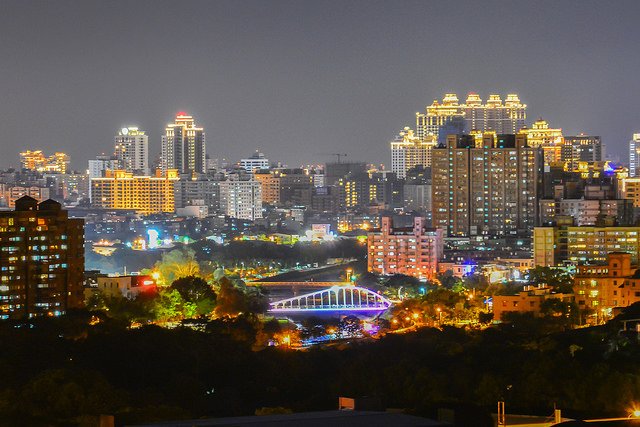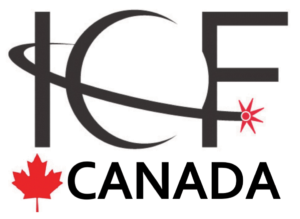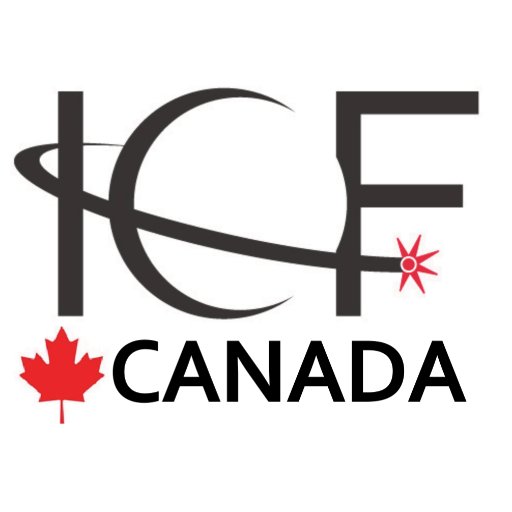
Taouyan City, Taiwan (Smart21 2009, 2010, 2011, 2013, 2014, 2015, 2016, 2017 and Top7 2013, 2017)
On Christmas Day of 2014, Taiwan lost a county and gained a city, when the county of Taoyuan changed to municipal status. From the Taoyuan International Airport on its northwest corner to its mountainous and thinly populated southeast, Taoyuan is home to 2 million people and 47,000 companies including one-third of the nation’s top 500 manufacturers. In 2009, the county government was running deficits that hit US$1 billion in debt, because population growth was not matched by economic growth.
With attractive housing prices and good transit into New Taipei City and Taipei, the county was growing its population at four times the national average but was not attracting sufficient inward investment. Mayor Wu Chih-Yang focused his administration on business and investment attraction so successfully that deficits swung to surplus in 2011 and generated a US$160 million reserve.
Taoyuan initiated the i-Taoyuan Free Wi-Fi 2.0 project in 2016 to optimize the city’s existing wireless network services and expand the city’s free network environment of hotspots. As of July 2016, the project has established 647 free wireless hotspots throughout the city. Chunghwa Telecom has set up its own network of 5,236 CHT Wi-Fi hotspots as well, distributed in all public areas for use by the general populace. In addition to setting up hotspots, Taoyuan has worked with local providers Taoyuan City Telefirst Cable Communication Co., Ltd., North Taoyuan Cable TV Co., Ltd. and South Taoyuan Cable TV Co., Ltd. to ensure that broadband service is available across the entire city.
With Internet access available so widely in the city, Taoyuan has developed the Smart District and Village System. The system connects 13 districts and 495 villages and neighborhoods in Taoyuan City with the city’s many government departments, allowing citizens to access up-to-date transit information and providing local businesses with an online platform to offer their mobile services.
Taoyuan is also currently working on an Internet of Things demonstration site for Taiwan. As of 2016, Asia Pacific Telecom has established 90 LoRa hotspots in the city to support Taiwan’s first Internet of Things dual network. The network is expected to cover all of Taiwan in the near future.
Taoyuan aims to establish an Asian Silicon Valley in the Qingpu area of the city. The plan includes establishing and connecting the Aviation City Convention Center, the Municipal Museum of Art, and the Asian Innovative R&D Talent Exchange Center to attract international talent to Taiwan. The Taoyuan Aviation City Base, where the convention center is to be built, has already attracted NTD 500 billion in investments and is expected to generate upwards of 300,000 job opportunities. The city has also partnered with local private companies to establish a series of Internet of Things smart park trial sites in emerging industrial areas to encourage the development of high-tech industries alongside the more traditional manufacturing centers.
To further develop its own youth talent, Taoyuan has created the Youth Entrepreneurship Headquarters in Qingpu. The Headquarters hosts a series of innovation- and entrepreneurship-themed courses for local youth as well as courses in the application of technology in new industry. As of 2016, the Headquarters has reached 441 members, 933 stationed members, and 17 teams of instructors.
The city has also partnered with local colleges to add more entrepreneurial courses. National Central University in Taoyuan has established the Foreign Language Talent and Smart Industry Incubation Center to cooperate with the Asian Silicon Valley project and connect local students with international students and entrepreneurs.
Taoyuan provides knowledge and access to services through its Citizen Identity Card. Taoyuan launched a citizen identity card called the Taoyuan City Card in 2015 as a means of connecting its residents with a wide variety of public services and information. The card is integrated with many of the city’s transportation systems, serving as a ticket for busses, MRT, the Taiwan Railway, and even as a means to rent a bicycle. It may also be used to pay parking and most other government fees, as a municipal library card and even as a meeting attendance card for citizens to better keep track of their schedules.
In addition to city services, the Taoyuan City Card also provides citizens with discounts at over 600 stores offering hospitality and tourism services as well as local sports and fitness centers, youth centers and public halls and the Taoyuan Municipal Swimming Pool. The card is linked to a holder’s sports history for the sake of providing doctors with additional information during medical exams, and the city plans to integrate with cards with the national health insurance system in the future to provide citizens with easy access to their medical records in the future.
Taoyuan has issued more than 700,000 cards to citizens as of September 2016. The cards grant discounts in more than 1,000 locations, including 627 stores participating in the program. In the future, the city plans to expand services to include banking, mobile payment services, telecommunication, and electronic tickets.
To build a sustainable future, Taoyuan City has been heavily investing in solar energy. The city leases roof space of public houses to establish solar generation systems, with 50 locations completed by 2015, generating a total of 6 million kwh of electricity annually. With the assistance of the Tatung Company, Taoyuan will be building 200 public housing developments with solar generation capacity in 2017, aiming to produce 20 million kwh of electricity per year.
The city is working with businesses to improve solar energy production as well. The Department of Environmental Projects in Taoyuan has introduced an energy service company to provide free installation of solar generation equipment on the rooftops of factories as well as public housing. By nourishing local innovation, attracting international entrepreneurs, and building an ever-growing infrastructure for clean energy production, Taoyuan is preparing its people, organizations and environment for global competition.
Taoyuan City was featured in the Intelligent Community Forum book Brain Gain.
To view their Website, see: www.tycg.gov.tw/eng
![]()
![]()
Want to have a voice in iCommunity.ca, the official newsletter of ICF Canada? Please send your blogs, announcements and other interesting content to John G. Jung at [email protected]

ICF Canada 1310-20 Bay Street Toronto, Ontario M5J 2N8 www.icf-canada.com
Contact: John G. Jung at [email protected] 1-647-801-4238 cell
Want to change how you receive these emails?
You can update your preferences or unsubscribe from this list
